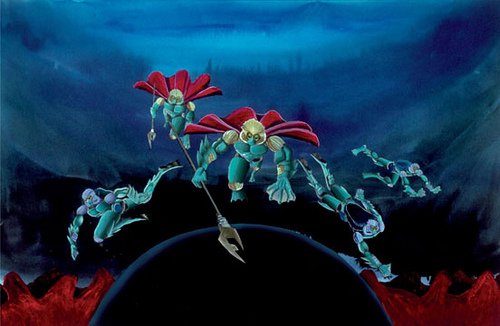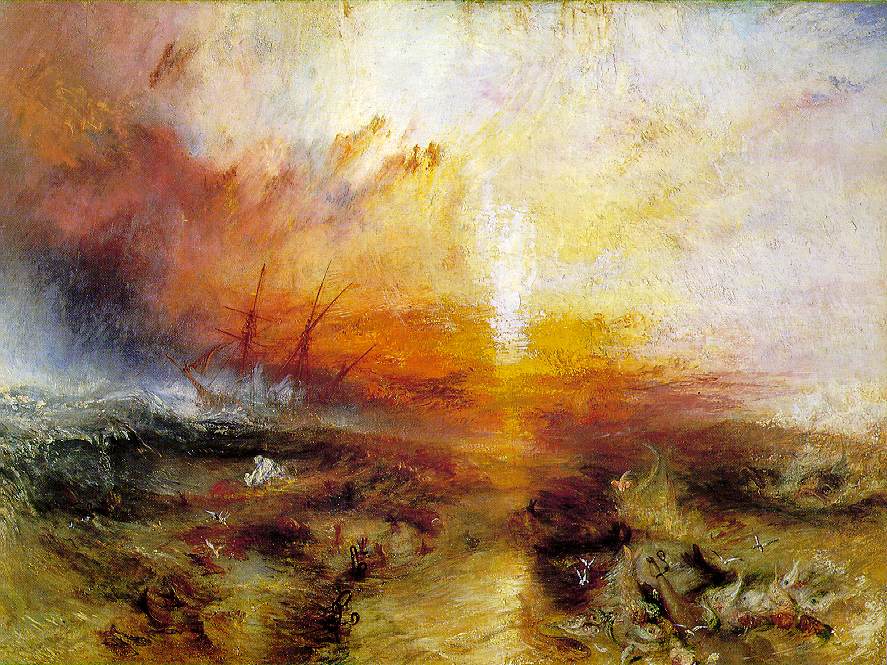
Redreaming black history at MOCAD
This Saturday night, the Museum of Contemporary Art Detroit will exhibit two experimental films that investigate (among much else) the connection between black history and science fiction.
This connection is the central theme of John Akomfrah’s documentary The Last Angel of History (1996), which explores moments when blackness and science fiction intersect. It conceptualizes these connections (such as the Afrofuturist music of Sun Ra, George Clinton and DJ Spooky; the writings of Octavia Butler and Samuel Delaney; even the presence of Nichelle Nichols on the original Star Trek) as metaphors for black displacement and otherness. Here’s the introduction:
Hydra Decapita (2010), by the art collective The Otolith Group, uses a sci-fi myth created by Afrofuturist Detroit techno duo Drexciya as part of a meditation on dehumanization in capitalist systems. Drexciya imagined an underwater world inhabited by the descendants of pregnant slaves thrown overboard during their transatlantic passage.
The Otolith Group’s oblique film essay connects that fictional world to three historical events: the 1781 Zong Massacare, during which a slave ship captain had over 100 slaves thrown into the storm-tossed Atlantic; J.M.W. Turner’s experimental 1840 rendering of that event in The Slave Ship, shown below; and the art critic John Ruskin’s 1845 defense of the painting, which the Otolith Group sees as “an inaugural moment for art criticism in England.”
For futher insight into the motivations behind the Otolith Group’s work and Hydra Decapita in particular, check out this detailed interview, in which the artists discuss “redreaming” the past and present through art. They’re careful to point out that it isn’t necessary to have previous knowledge of Drexciya, the Zong, Turner or Ruskin to appreciate the film, inviting you to make your own connections: “People respond to a work in ways that exceed the aspirations and the references embedded in the work. We can see the hopes that we have for the work. It is a relief when it becomes other people’s and starts being shared.” Sounds like it’s going to be a fascinating evening. See you there?
The (free) screening starts at 7:00 pm on Saturday, March 19 at MOCAD, 4454 Woodward Ave., Detroit; (313) 832-6622; mocadetroit.org.
Recent Content
-
Artsarticle ·
-
Artsarticle ·
-
Artsarticle ·


